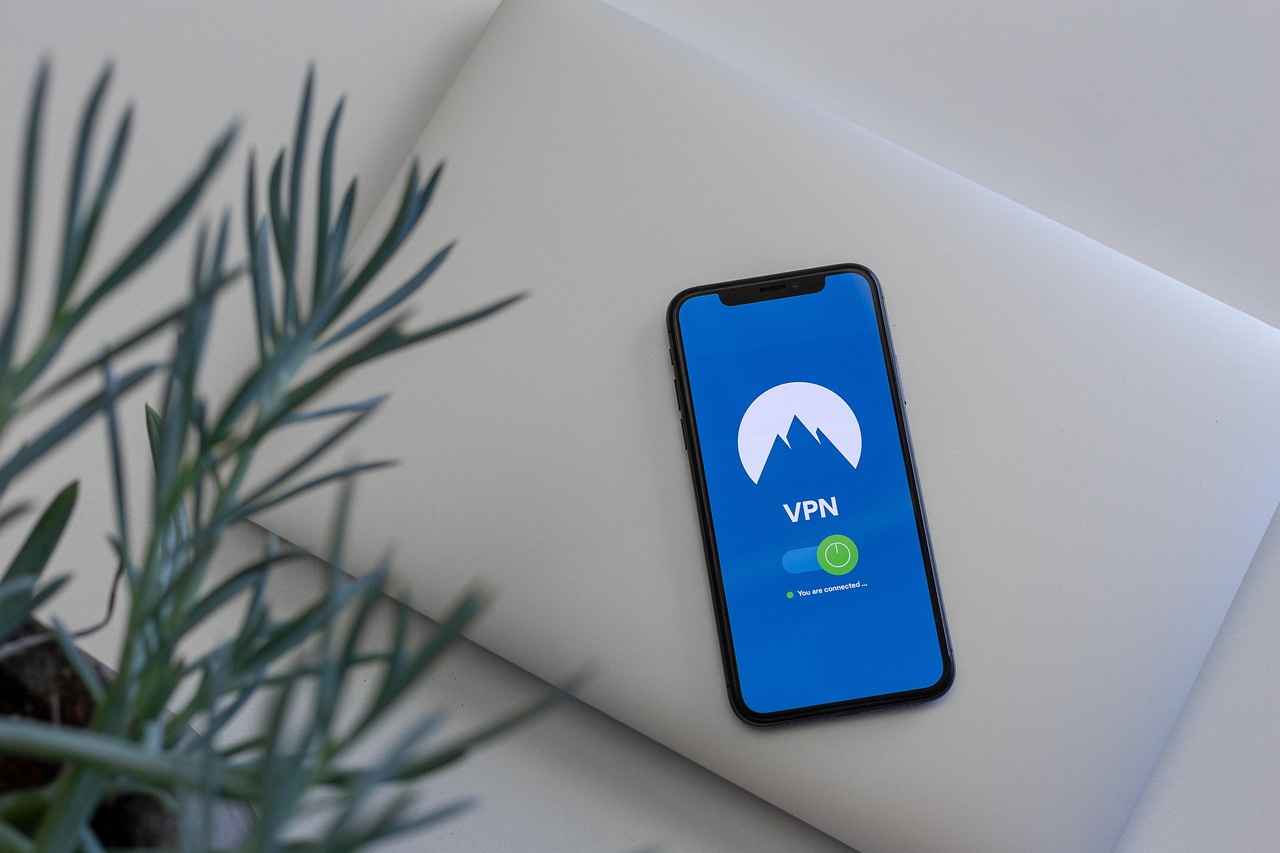Imagine browsing the internet with a cloak of invisibility, where your online activities are shielded from prying eyes, your location is masked, and you can access content from anywhere in the world. This isn’t science fiction; it’s the reality offered by a Virtual Private Network (VPN). In this comprehensive guide, we’ll delve into the world of VPNs, exploring their benefits, how they work, and how to choose the right one for your needs.
What is a VPN?
The Basic Definition
A VPN, or Virtual Private Network, creates a secure, encrypted connection over a less secure network. Think of it as a private tunnel through the public internet. Your data travels within this tunnel, protected from interception by hackers, government surveillance, or even your own internet service provider (ISP). This encryption is key to ensuring your online privacy and security.
For more details, visit Wikipedia.
How VPNs Work: A Technical Overview
When you connect to a VPN, your device establishes a connection to a VPN server. All your internet traffic is then routed through this server. The VPN server encrypts your data before sending it to its destination, and decrypts incoming data before sending it back to you. This process achieves two primary objectives:
- Masking Your IP Address: Your real IP address is hidden, and the VPN server’s IP address is displayed instead. This makes it difficult for websites and services to track your location.
- Encrypting Your Data: Encryption scrambles your data, making it unreadable to anyone who intercepts it. This protects sensitive information like passwords, financial details, and personal communications.
The Importance of Encryption
Data encryption is paramount. VPNs use various encryption protocols, such as:
- AES (Advanced Encryption Standard): Considered the gold standard, offering strong security. Many VPNs use AES-256 encryption, which is virtually unbreakable.
- OpenVPN: A popular open-source protocol known for its security and flexibility. It supports various encryption algorithms and is highly configurable.
- WireGuard: A newer protocol gaining popularity for its speed and efficiency. It uses state-of-the-art cryptography and is designed for modern devices.
Choose a VPN that offers robust encryption to ensure your data is well-protected.
Benefits of Using a VPN
Enhanced Online Privacy
A VPN shields your online activities from prying eyes. Your ISP can’t see which websites you visit, and websites can’t track your location as easily. This is particularly useful in protecting you from targeted advertising and price discrimination.
- Example: An ISP throttling bandwidth for streaming services can no longer do so because they can’t identify your traffic. Websites can’t use your IP address to charge you higher prices based on your location (e.g., for airline tickets or hotel rooms).
Secure Public Wi-Fi Connections
Public Wi-Fi hotspots are notoriously insecure. Hackers can easily intercept data transmitted over these networks. A VPN encrypts your connection, making it much more difficult for hackers to steal your information.
- Example: When using public Wi-Fi at a coffee shop, a VPN protects your passwords and credit card details from being intercepted by malicious actors on the same network.
Accessing Geo-Restricted Content
Many streaming services and websites restrict content based on your location. A VPN allows you to bypass these restrictions by connecting to a server in a different country.
- Example: You can access US Netflix from outside the US by connecting to a VPN server located in the United States. You can also watch BBC iPlayer from anywhere in the world by connecting to a UK server.
Avoiding Censorship
In countries with strict internet censorship, a VPN can bypass firewalls and access blocked websites and social media platforms. This is crucial for accessing information and communicating freely.
- Example: People in countries with restricted access to news websites can use a VPN to access unfiltered news and information.
Safe Torrenting
Torrenting can expose your IP address, making you vulnerable to legal action if you download copyrighted material. A VPN hides your IP address, protecting your identity while torrenting.
- Important Note: While a VPN can provide anonymity, it does not make illegal downloads legal. Always respect copyright laws.
Choosing the Right VPN
Factors to Consider
Choosing the right VPN requires careful consideration of several factors:
- Security: Look for strong encryption (AES-256), secure protocols (OpenVPN, WireGuard), and a strict no-logs policy.
- Speed: VPNs can sometimes slow down your internet connection. Choose a VPN with fast servers and optimized protocols.
- Server Locations: The more server locations a VPN offers, the more flexibility you have in bypassing geo-restrictions.
- Price: VPN prices vary widely. Consider your budget and choose a plan that offers the features you need.
- Ease of Use: A VPN should be easy to install and use, with a user-friendly interface.
- Customer Support: Reliable customer support is essential in case you encounter any issues.
Understanding “No-Logs” Policies
A “no-logs” policy means that the VPN provider does not collect or store any information about your online activities, such as websites you visit, IP addresses, or timestamps. This is crucial for ensuring your privacy.
- Warning: Some VPN providers claim to have a no-logs policy but may still collect some data. Look for VPNs that have been independently audited to verify their no-logs claims.
Free vs. Paid VPNs
Free VPNs may seem tempting, but they often come with significant drawbacks:
- Limited Bandwidth: Free VPNs often impose bandwidth limits, restricting your usage.
- Slower Speeds: Free VPN servers are often overloaded, resulting in slower speeds.
- Data Logging: Some free VPNs log your data and sell it to third parties.
- Security Risks: Some free VPNs may contain malware or other security threats.
Paid VPNs typically offer better security, faster speeds, unlimited bandwidth, and more server locations. While you have to pay for them, they provide a more reliable and secure experience.
Recommended VPN Providers
Here are a few popular and reputable VPN providers:
- NordVPN: Known for its strong security, fast speeds, and a large network of servers.
- ExpressVPN: Offers excellent performance, user-friendly apps, and a strict no-logs policy.
- Surfshark: A budget-friendly option with unlimited device connections and robust security features.
Always do your research and read reviews before choosing a VPN provider.
Setting Up and Using a VPN
Installation and Configuration
Setting up a VPN is usually straightforward:
Choosing a Server Location
Choosing the right server location depends on your needs:
- For bypassing geo-restrictions: Choose a server in the country where the content is available.
- For privacy: Choose a server in a country with strong privacy laws.
- For speed: Choose a server that is geographically close to you.
Verifying Your Connection
After connecting to a VPN, it’s important to verify that your connection is secure:
- Check your IP address: Use an online IP address lookup tool to confirm that your IP address has changed to the VPN server’s IP address.
- Test for DNS leaks: Use a DNS leak test tool to ensure that your DNS requests are being routed through the VPN server.
Conclusion
A VPN is an essential tool for protecting your online privacy, security, and freedom. By encrypting your data, masking your IP address, and allowing you to bypass geo-restrictions, a VPN empowers you to browse the internet safely and anonymously. Choosing the right VPN requires careful consideration of your needs and priorities, but the benefits of using a VPN are well worth the effort. Take control of your online experience and invest in a VPN today.
Read our previous article: AI Governance: Taming The Algorithm, Cultivating Trust




